yoga benefits
Yoga is a practice for the mind, body and soul and is the perfect antidote for the modern western lifestyle. Hatha yoga is the physical practice of which there are many forms, which includes breathing practices, and postures. Regular practice - daily if possible results in endless benefits for the mind and soul.
For body:
- Strengthens and tones all muscles
- Improves flexibility
- Strengthens and lubricates the joints
- Increases bone density
- Strengthens the heart
- Improves breathing and increases lung capacity
- Balances Hormones and Improves functions of the endocrine system
- Balances the parasympathetic and sympathetic nervous systems
- Aids better quality and more restful sleep
- Improves Digestion
- Reduces stress through the reduction of cortisol and activation of the parasympathetic nervous system
- Improves cognitive function, boosts memory and sharpens concentration
- Increases dopamine to lift your mood
- Hatha yoga and Meditation practice gives a clearer perspective to be able to better cope with life's challenges
- Psychosomatic - through releasing tension in the body stress and tension in the mind can release
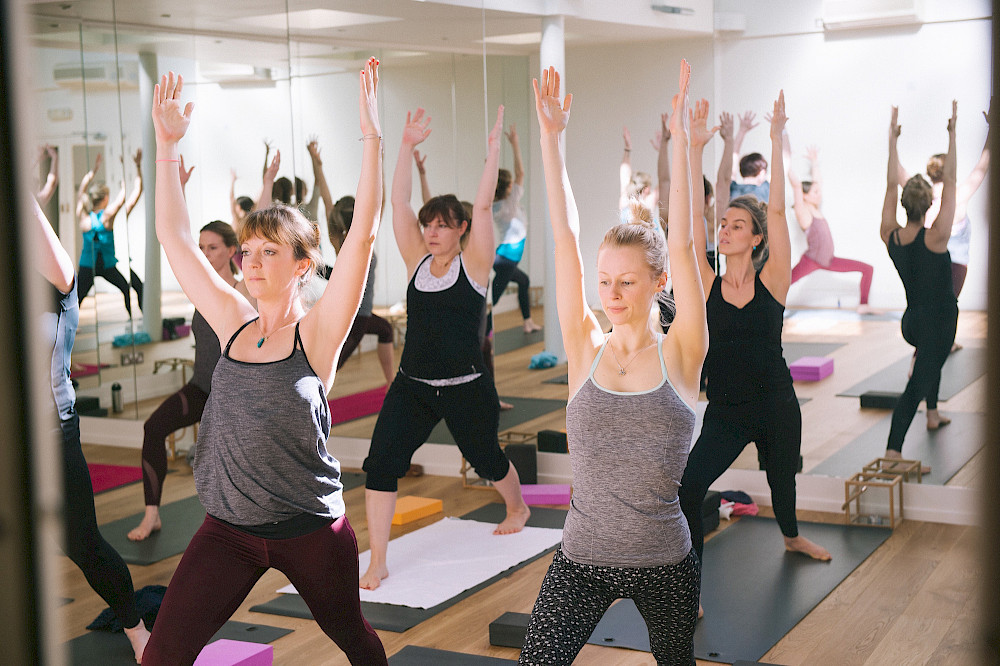
vinyasa flow
Vinyasa is good for those with some experience and no injuries. Vinyasa means “to place with special awareness, with the breath.” Flow suggests movement that is continuous, smooth and unbroken. Vinyasa Flow is a form of modern hatha yoga that draws from the Ashtanga tradition of Patthabi Jois. Class pace, style and intensity vary, emphasis is placed on harmonising the movements of the body and breath in creative sequences. bhuti's Vinyasa classes vary in level from teacher to teacher, some classes include music to flow to.
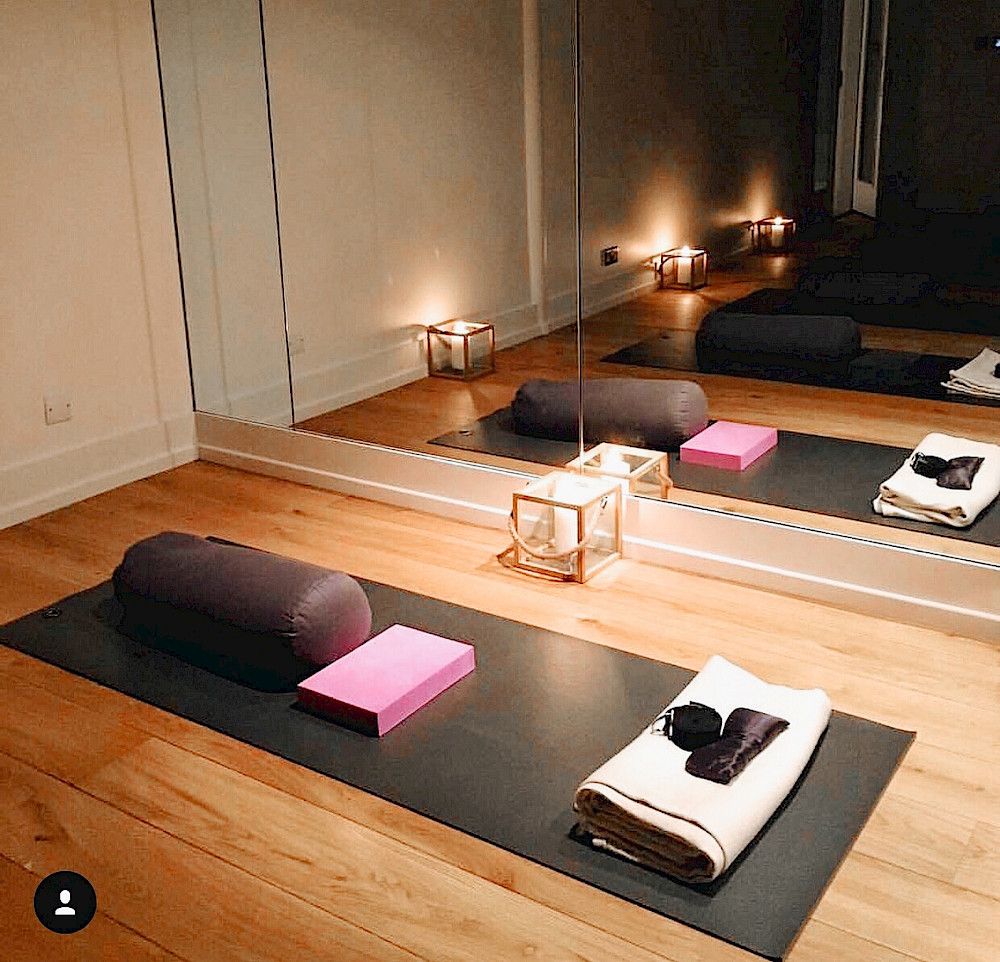
yin yoga
Yin yoga works on the yin tissues - also known as the connective tissues. Connective tissue responds best to a slow, steady load which is why we hold the poses for longer. If you gently stretch connective tissue by holding a yin pose for a long time in this way, the body will respond by making it a little longer and stronger - which is exactly what you want. Remember, the principle of exercise is to stress the tissue so the body will respond by strengthening it.
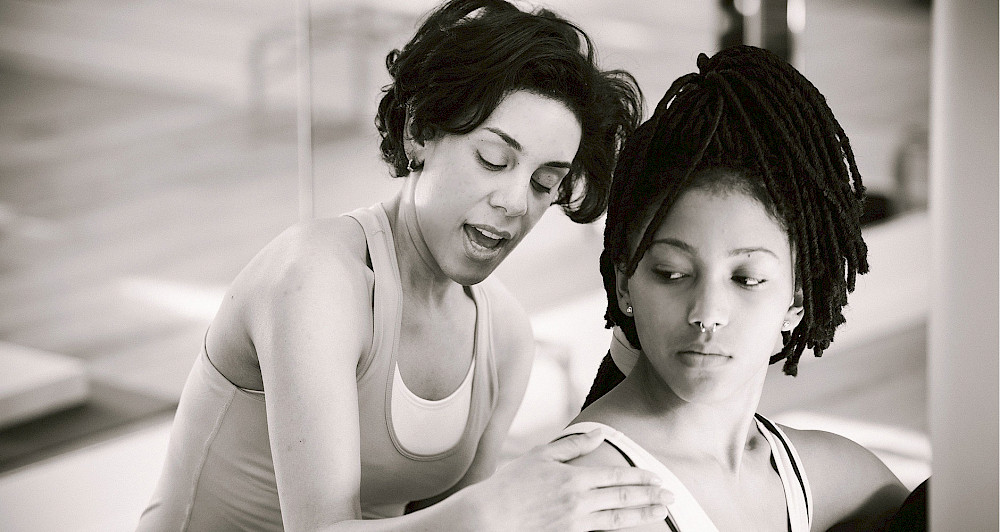
Iyengar
B.K.S Iyengar was a student of Krishnamacharya in the 19th Century and is one of the most prominent teachers who brought hatha yoga to the west. Iyengar Yoga is excellent for beginners, or those with injuries as well as going further for new students as postures are held for some time. You will learn precision and subtlety of alignment in the postures. The method is progressive, safe and orderly. The teaching and the postures are adjusted to meet the conditions and needs of each student.
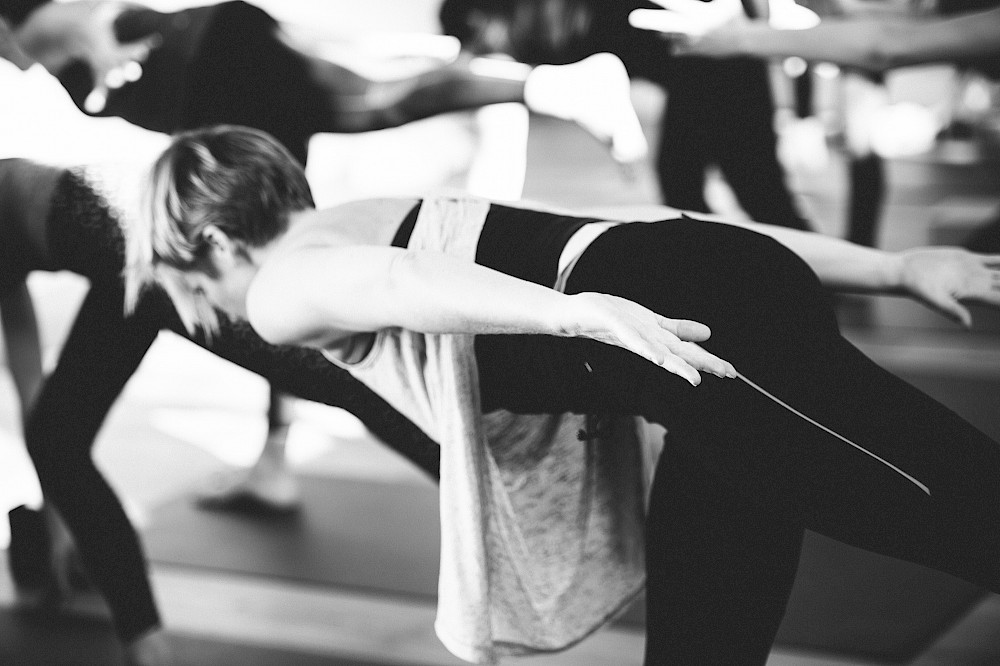
dynamic hatha
Dynamic Hatha class are classical flow classes drawing on either the Sivananda, Satyanda, or Ishta traditions. They include some flow, in the form of sun salutations, genearlly do not have music, and are taught in a more classical/traditional way. Some classes are suitable for beginners.
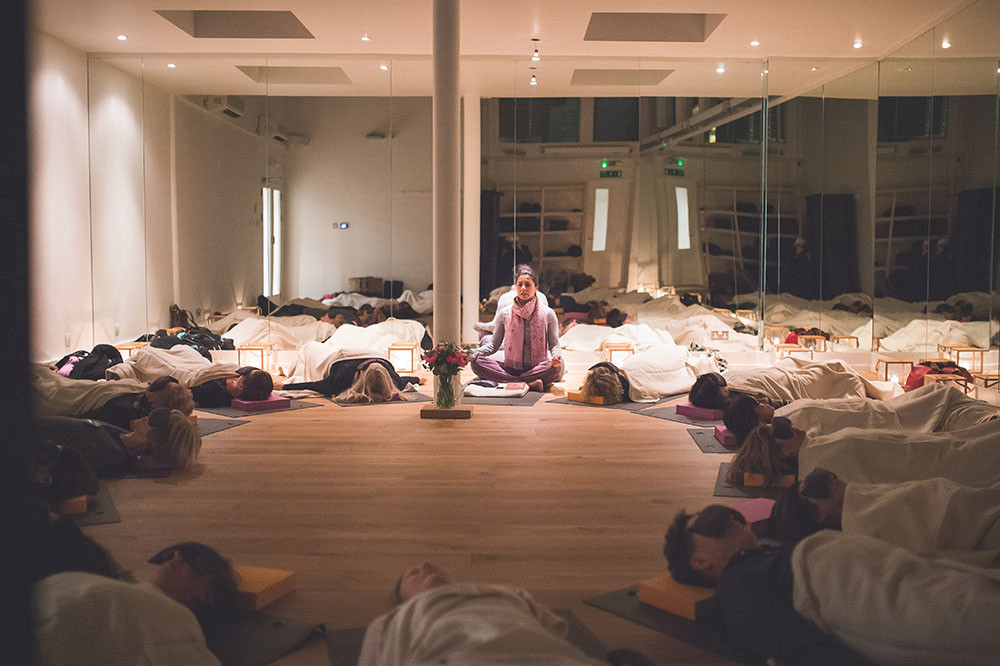
restorative + yoga Nidra
Where slowness is the key and poses are held using props to allow the precious time for the practitioner to savour the body opening, releasing and letting go. A highly calming and soothing yoga for the mind and body tapping into the layers within us that need this space to unwind and pause.
Yoga Nida will follow As you lie down all you have to do is follow the voice that is guiding you. It's likely that you will remember certain parts of the meditation and not others. Every time you come to the practice you encounter a new experience—none of which is wrong. Falling asleep is okay too, as you will still receive benefits while the unconscious mind is absorbing the practice.
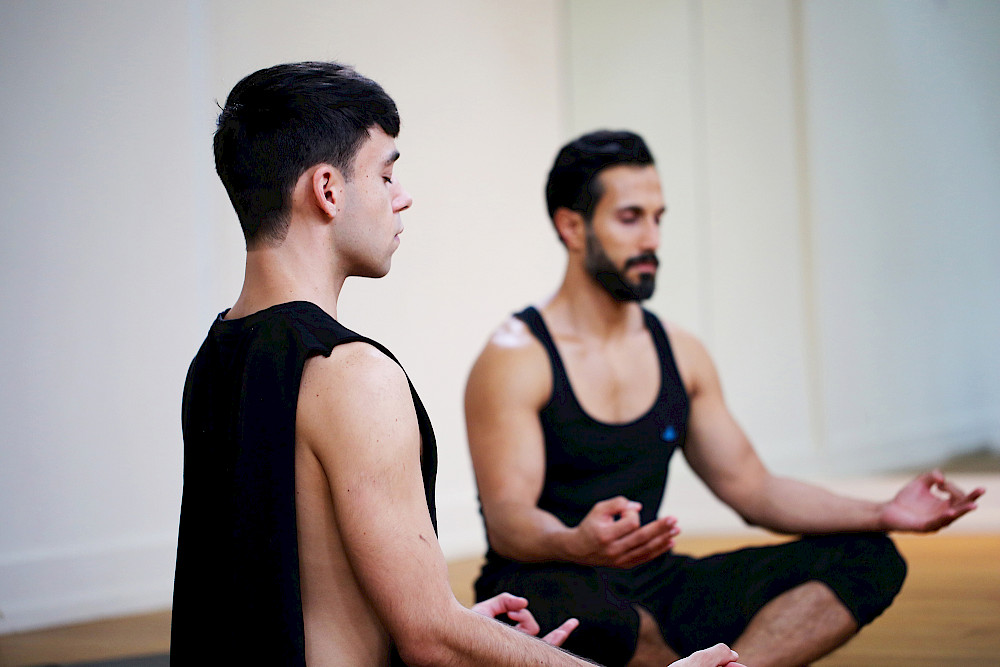
meditation + mindfulness
Meditating is observing and acknowledging whatever happens - pleasant or unpleasant - in a relaxed way. The goal of meditation is not to empty the mind, but to observe the present moment without judgement. When this is practiced, we are able to have insight into how our minds actually work. This insight helps to reduce attachment and reactivity, cultivate inner joy, and experience relaxation more deeply.
Meditation, in all of its many variations, is widely recognized as a tool to master the mind and cope with stress. Science is increasingly validating these claims, especially for depression, schizophrenia, anxiety, post-traumatic stress disorder, and ADHD. Since stress can manifest in many different physical forms, like lowering our immune system and raising our blood pressure, the practice of meditation has a direct link to our physical well-being. Studies show it can help people manage chronic pain, reduce depression and quell anxiety.
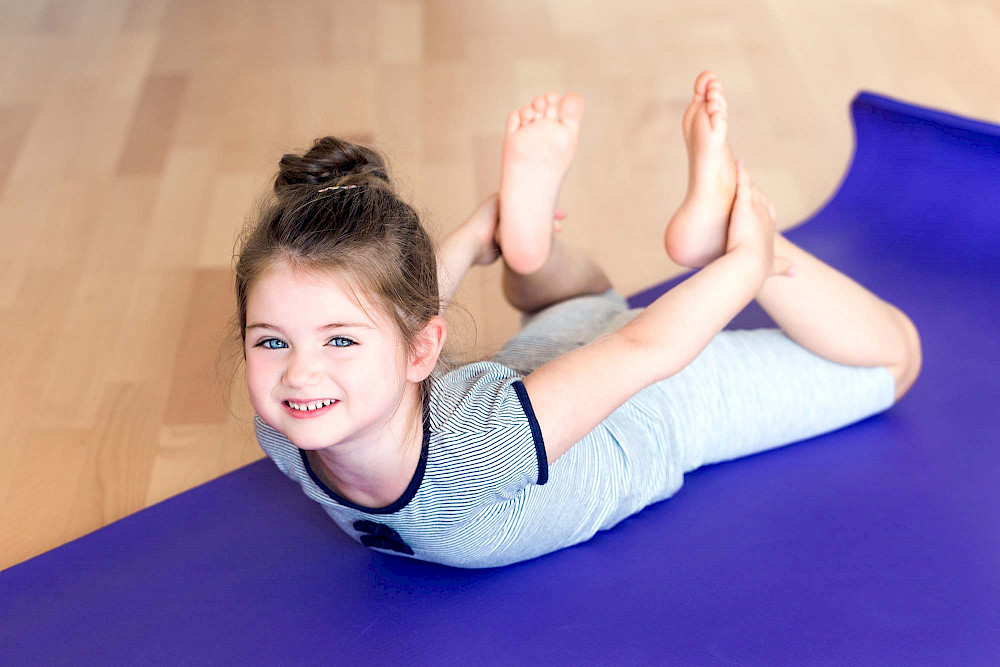
kids yoga
We offer classes to suit all age groups, from 2 – 12 years. Using yoga children can learn to relax, concentrate and be gentle in a fun and creative environment.
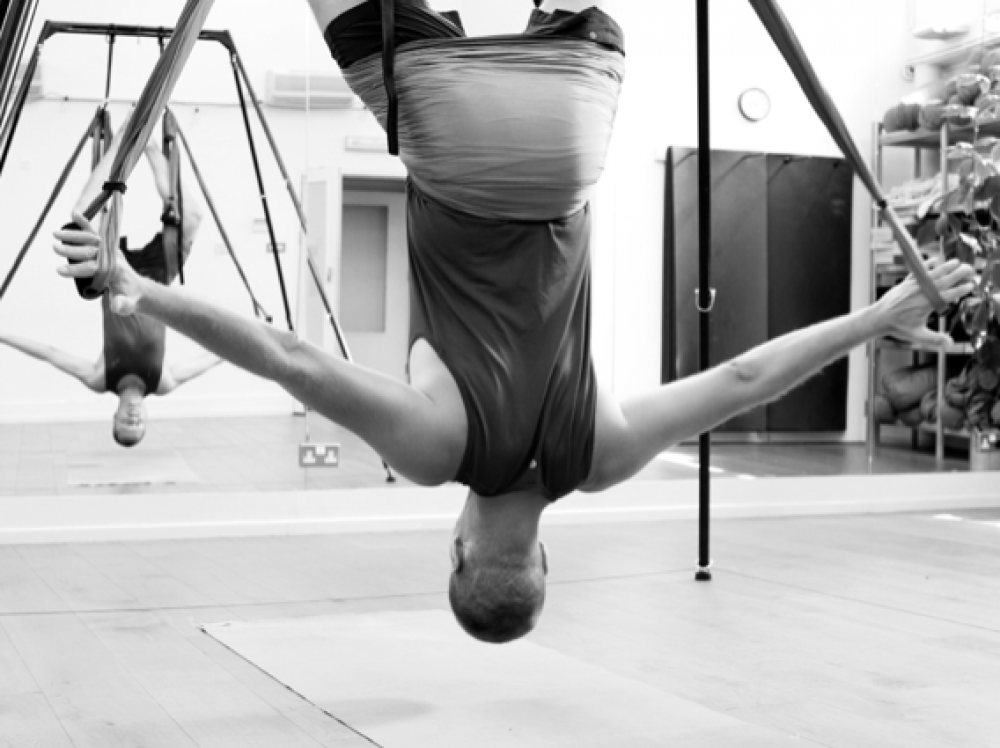
aerial yoga
Improve strength, increase flexibility and gain better spinal health. Yoga Trapeze (also known as Aerial Yoga) is both a fun and relaxing experience that will challenge you in new ways. This unique type of yoga adds in that missing “pull” motion lacking in mat-based practice and is a useful tool for obtaining correct alignment in poses, functional strength and better balance. Perform yoga inversions with ease without back or neck compression supported by the device. As well as being a deep restorative tool the side straps can be used like a TRX for a more physically intense practice.
For students with muscle tension, back pain, poor flexibility and weak core muscles - Yoga Trapeze offers a remarkable way to experience a real positive transformation as well as improving joint mobility & circulation.
Contact Marc Cross to book - info@hangoutyoga.co.uk
